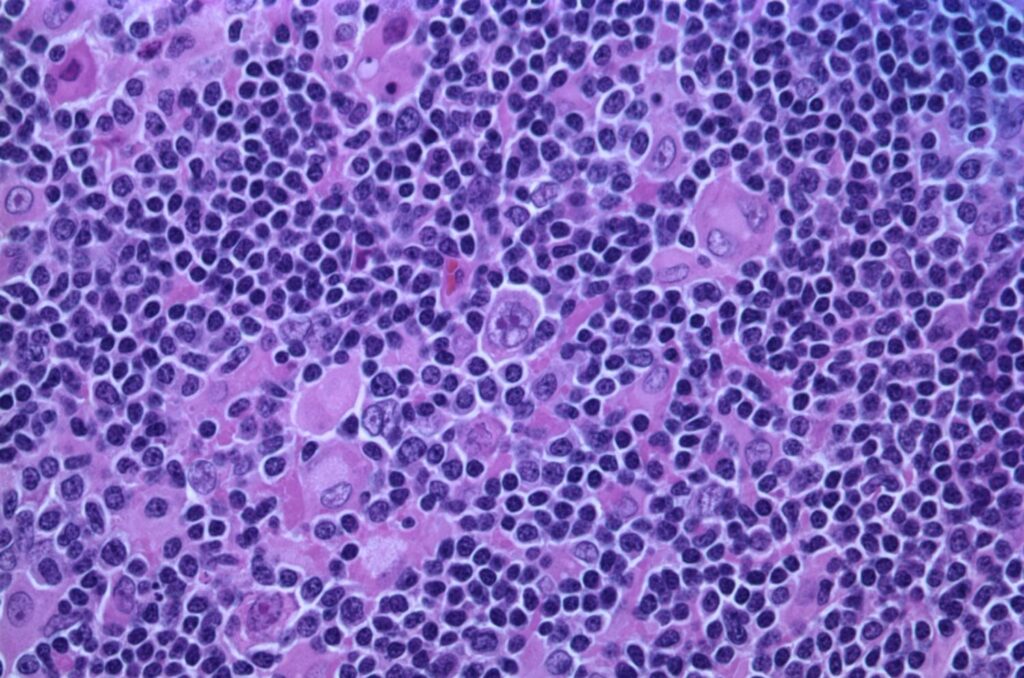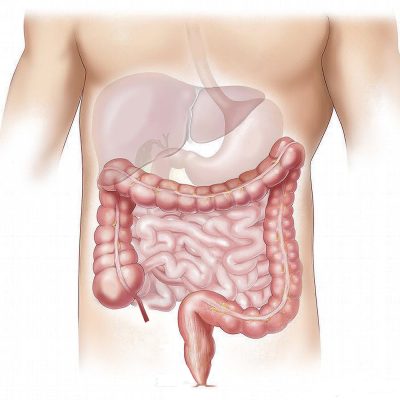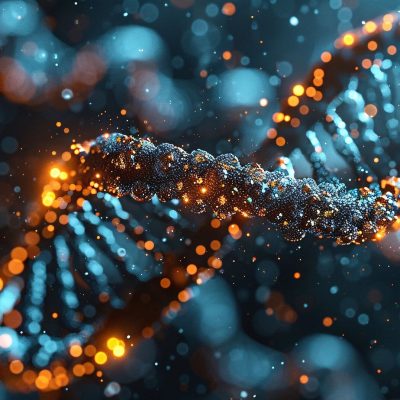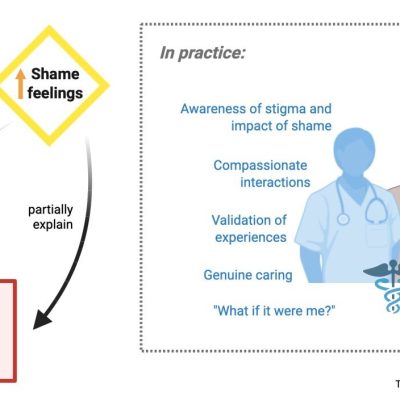Recent studies reveal the significant connection between lymphoma immune aging and accelerated declines in the immune system among patients with lymphoma. A groundbreaking study published in 2025 by the Moffitt Cancer Center found that lymphoma not only triggers biological aging in immune cells but also impacts the overall immune environment, accelerating tissue aging. These findings underline the urgent need for innovative treatment strategies that target both lymphoma and its associated effects on aging. Importantly, researchers showed that lymphomas can provoke premature aging programs within the immune system, leading to increased susceptibility to infections and reduced treatment effectiveness in older patients. To learn more about these implications, check out this detailed study on lymphoma’s impact on immune aging.
The Mechanisms of Lymphoma-Induced Immune Aging
Lymphoma, a cancer of the lymphatic system, profoundly impacts the immune response, resulting in accelerated aging of immune cells. Research indicates that lymphomas can introduce significant changes in lymphocyte behavior, enhancing inflammation while impairing immune function. As elderly patients with lymphoma often experience a heightened risk of serious infections, understanding the mechanisms behind this accelerated aging process becomes critical. Recent data show that tumors can alter immune microenvironments, leading to dysregulated T cell activation and increased exhaustion markers. These changes contribute to a reduced capability of the immune system to combat both cancers and infections. Furthermore, the combined effects of aging and lymphoma contribute to an unclear prognosis for many patients. A study in the Journal for Immunotherapy of Cancer highlights the essential need for new therapeutic strategies that address dual targets of cancer and immunity.
Clinical Implications of Immune Aging in Lymphoma Patients
The clinical implications of lymphoma-induced immune aging are substantial, directly affecting treatment efficacy and patient survival. Patients with lymphoma exhibit compromised immune systems, leading to challenges in responding to therapies such as chemotherapy and immunotherapy. This highlights the necessity for tailored treatment plans that incorporate the patient’s age and immune system status. Data indicates that treatment regimens requiring intensive immunosuppression can lead to severe infections in older patients, ultimately compromising treatment outcomes. An example of this is seen in studies emphasizing the critical requirement for immune reconstitution strategies post-therapy. These strategies aim to revitalize immune function and hence improve overall prognosis. Enhanced research on aging and its intersects with lymphoma is essential for developing more effective interventions.
📊 Key Clinical Insights
- Age-Adapted Treatment: Tailored strategies are necessary based on age and immune health.
- Need for Immune Recovery: Post-treatment immune recovery is critical for elderly patients.
Recent Developments in Lymphoma Treatment
Innovations in treatment are crucial in addressing lymphoma immune aging. Recent advances in targeted therapies have shown promise in improving outcomes for older adults. For instance, CAR T-cell therapy has been a significant development, particularly for elderly patients showing refractory responses to conventional treatments. Research has illustrated that this immunotherapy not only fights lymphoma effectively but also aids in rejuvenating immune responses. Furthermore, combination therapies that involve checkpoint inhibitors are being tested to evaluate their efficacy in reversing immune exhaustion. A review of ongoing clinical trials indicates a shift towards integrating lymphocyte-targeted agents in treatment regimens, coupled with supportive therapies, to enhance patient outcomes. Continuous exploration in this area remains vital, as these adaptations are instrumental in navigating the complexities of cancer care.
Key Takeaways and Final Thoughts
The relationship between lymphoma immune aging and immune health is profound, affecting treatment decisions and patient well-being. As studies continue to reveal new insights into how lymphoma accelerates immune aging, it becomes evident that tailored treatment strategies and supportive therapies are crucial for elderly patients. Adaptations in treatment approaches, such as targeted therapies and immunotherapeutics, are imperative to improve both quality of life and long-term outcomes. Ongoing research is essential to refine these strategies further. For more detailed insights, consider exploring the latest findings here.
❓ Frequently Asked Questions
What is lymphoma immune aging?
Lymphoma immune aging refers to the accelerated aging of immune cells caused by lymphoma, resulting in impaired immune functionality. Recent studies highlight its impact on treatment efficacy in patients, particularly among older adults.
How does lymphoma treatment affect older patients?
Lymphoma treatment can severely impact older patients due to compromised immune systems, leading to increased risks of infections and greater difficulty in recovery. Thus, personalized care strategies are essential.
To deepen this topic, check our detailed analyses on Medical Innovations section







